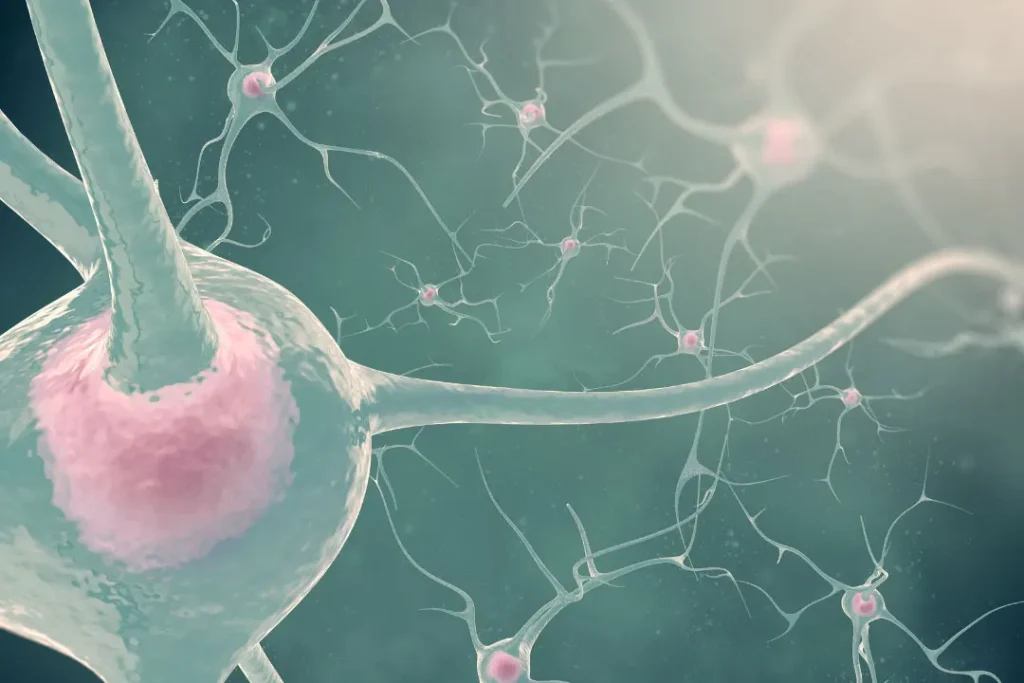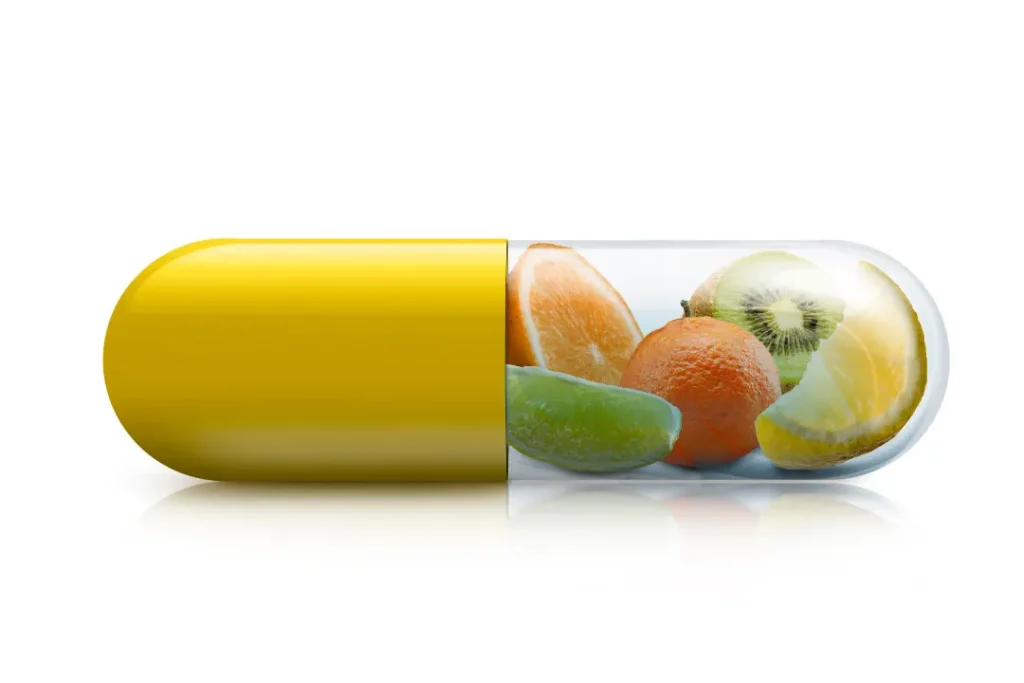Dimethylglycine (DMG), a derivative of the amino acid glycine, has drawn interest in the fields of medicine and physical fitness. DMG is frequently used as a dietary supplement. The benefits of this nutraceutical include boosting immunity, promoting neurological health, and increasing physical performance. The chemical makeup of DMG, potential health advantages, dose guidelines, interactions, and appropriate use are all covered in this article.
You May Also Like:
Club Moss: Benefits, Dosage, Side Effects, Drug Interactions, and Other Important Information
Chymotrypsin: Benefits, Dosage, Side Effects, Drug Interactions, and Other Important Information
Dimethylglycine: Benefits, Dosage, Side Effects, Drug Interactions, and Other Important Information is an original (NootroPicsPlanet) article.
The Nature of Dimethylglycine
The most basic form of amino acid is glycine. One of the derivatives of glycine, the most is dimethylglycine, commonly known as N,N-Dimethylglycine. DMG is made up of two methyl groups that are joined to the glycine molecule’s nitrogen atom. This structure separates DMG from glycine and other amino acids and gives it its special qualities.
Health Benefits of Dimethylglycine
Although some of the possible health advantages of DMG have been connected, further study is needed to substantiate them.
Enhancement of Physical Performance: DMG may increase the body’s ability to use oxygen, which would increase physical endurance and performance. According to studies, it lessens the development of lactic acid in the muscles, which can prevent the beginning of muscular tiredness during demanding exercises.
Support for the Immunological System: DMG may enhance immunity by increasing the generation of antibodies and lymphocytes, enhancing resistance to infections, and stimulating the immunological response.
Support for Neurology: According to certain research, DMG may be good for the brain and nervous system. To understand these consequences completely, however, more investigation is required.
Chemistry of Dimethylglycine
The amino acid glycine has a derivative called dimethylglycine (DMG), in which the nitrogen atom is joined to two methyl groups. Compared to the original amino acid, DMG now has a variety of special features thanks to this structural alteration. At normal pH, DMG occurs as a zwitterion with the chemical formula (CH3)2NCH2COOH, where the carboxyl group (COOH) donates a proton to produce the negatively charged carboxylate ion (COO-) and the amine group (NH2) accepts a proton to generate the positively charged ammonium ion (NH3+).
Physiological Mechanisms of Action of Dimethylglycine
DMG plays an important role in transmethylation, which is essential for the production and metabolism of proteins, nucleic acids, neurotransmitters, and other bioactive compounds. The physiological mechanism that involved DMG:
Transmethylation: In transmethylation events, DMG contributes one of its methyl groups to produce the biological intermediate sarcosine. Gene expression, protein function, and metabolism are all impacted significantly by this process.
DMG is thought to improve oxygen uptake, which is advantageous during vigorous exercise when lactic acid might accumulate as a result of anaerobic respiration. DMG may decrease lactic acid accumulation and increase oxygen uptake, postponing muscular exhaustion.
Support for the Immunological System: DMG appears to boost antibody formation, lymphocyte development, and the immunological response, strengthening the body’s defenses against infections.
Support for the nervous system: Although the specific processes are yet unknown, some research indicates DMG may enhance neurological and cognitive performance. This may be due to its part in the manufacture and operation of neurotransmitters through transmethylation reactions.
Our knowledge of DMG’s physiological functions and possible health advantages is likely to grow as the study progresses. As usual, you should use DMG with caution and under the supervision of a registered doctor.

Optimal Dosage of Dimethylglycine
Depending on the patient’s age, health state, and the particular health issue being treated, the ideal DMG dose may change. The typical dosage is split up into many doses each day and varies from 125 to 450 mg. As usual, before beginning any new supplement, you should speak with your healthcare professional for specific advice.
Side Effects of Dimethylglycine
DMG is typically accepted by most persons and is regarded as safe for intake. However, in a few instances, reports of possible side effects like nausea, headaches, and digestive pain have been made.

Potential Substance Interactions with Dimethylglycine
Regarding interactions, DMG could intensify the effects of anticonvulsant drugs, thereby increasing the risk of adverse consequences. As a result, those who take these medications should utilize DMG under a doctor’s supervision.
Responsible Use of Dimethylglycine
Given DMG’s strong physiological effects, it’s important to utilize it sensibly. Always follow the dose instructions and think about any possible interactions and negative effects. Before using DMG, those who are on medication or who have underlying medical issues should speak with their doctor.
Like any vitamin, DMG shouldn’t be used to replace a balanced diet and a healthy way of life. For optimum health, put focus on eating a diet high in nutrients, frequently exercising, getting enough sleep, and managing your stress. DMG should be used in conjunction with these essential healthcare procedures, not as a substitute for them.
Additionally, it’s crucial to keep in mind that while research does support some of the health advantages of DMG, other advantages still require more research. The scientific community is still investigating this fascinating substance, and we can anticipate new insights into its health-promoting properties and optimal usage.

Dimethylglycine: Conclusion
If you are looking to improve your immune system, Dimethylglycine (DMG) can be a great option. DMG has immunomodulatory effects and is involved in various metabolic processes in the body which include the generation of antibodies and lymphocytes. DMG also supports energy production that can enhance your physical performance in exercises. It has been studied for its potential role in supporting cardiovascular health, immune function, and energy production. Some research also suggests that DMG supports neural health and is good for the development of the brain. Incorporation of DMG into your diet may lead to a few minor side effects such as nausea, headaches, and digestive pain. The quality of DMG supplements is also different across brands so make sure you choose from the best sellers.
References:
- N,N-Dimethylglycine in Patients with Progressive Multiple Sclerosis: Result of A Pilot Double-Blind, Placebo, Controlled Randomized Clinical Trial. Retrieved from: https://www.ncbi.nlm.nih.gov/pmc/articles/PMC8142643/#:~:text=Oral%20administration%20of%20N%2CN,fatigue%20in%20humans%20and%20animals.
- Dietary N,N-Dimethylglycine Supplementation Improves Nutrient Digestibility and Attenuates Pulmonary Hypertension Syndrome in Broilers. Retrieved from: https://pubmed.ncbi.nlm.nih.gov/20662970/
- Effects Of Dimethylglycine Sodium Salt Supplementation on Growth Performance, Hepatic Antioxidant Capacity, and Mitochondria-Related Gene Expression in Weanling Piglets Born with Low Birth Weight1. Retrieved from: https://pubmed.ncbi.nlm.nih.gov/29931075/
Important Note: The information contained in this article is for general informational purposes only, and should not be construed as health or medical advice, nor is it intended to diagnose, prevent, treat, or cure any disease or health condition. Before embarking on any diet, fitness regimen, or program of nutritional supplementation, it is advisable to consult your healthcare professional in order to determine its safety and probable efficacy in terms of your individual state of health.
Regarding Nutritional Supplements Or Other Non-Prescription Health Products: If any nutritional supplements or other non-prescription health products are mentioned in the foregoing article, any claims or statements made about them have not been evaluated by the U.S. Food and Drug Administration, and such nutritional supplements or other health products are not intended to diagnose, treat, cure, or prevent any disease.


